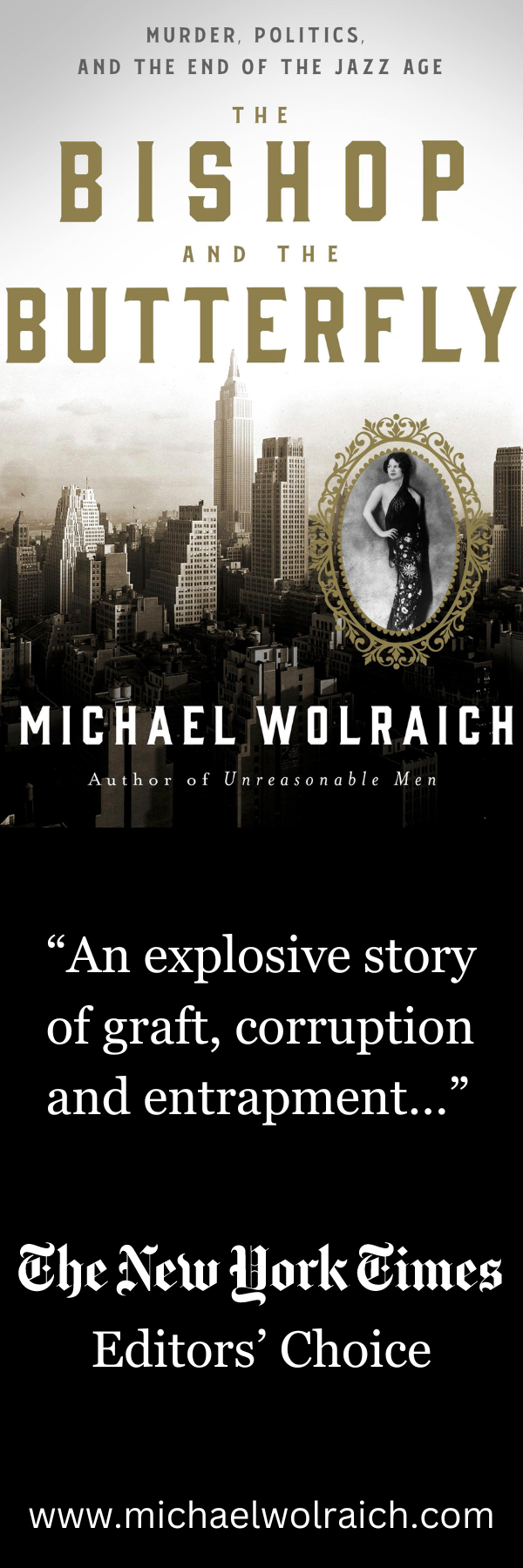Facts & other stubborn things: Speaking of Keynes's deep humanity...:
[S]omething Keynes wrote in The Economic Consequencs of the Peace that is one of the more powerful pieces of prose I've read recently:
The following is by a writer in the Vossische Zeitung, June 5, 1919, who accompanied the Hoover Mission to the Erzgebirge:
I visited large country districts where 90 per cent of all the children were ricketty and where children of three years are only beginning to walk.... Accompany me to a school in the Erzgebirge. You think it is a kindergarten for the little ones. No, these are children of seven and eight years. Tiny faces, with large dull eyes, overshadowed by huge puffed, ricketty foreheads, their small arms just skin and bone, and above the crooked legs with their dislocated joints the swollen, pointed stomachs of the hunger œdema.... 'You see this child here,' the physician in charge explained; 'it consumed an incredible amount of bread, and yet did not get any stronger. I found out that it hid all the bread it received underneath its straw mattress. The fear of hunger was so deeply rooted in the child that it collected stores instead of eating the food: a misguided animal instinct made the dread of hunger worse than the actual pangs.'"
Yet there are many persons apparently in whose opinion justice requires that such beings should pay tribute until they are forty or fifty years of age in relief of the British taxpayer.
It's not often that I have to put down a book and not continue reading because it just requires too much effort from me to keep reading, but a couple weeks ago, when I first read that passage, happened to be one of those times. When you read Keynes, you realize you are reading a man of profound humanity and spirit. Human life is hard and wracked with coercion on all sides. Sometimes collectively the right thing to do, and the liberal thing to do is seek out the option that minimizes those coercions.
Sometimes that involves errecting an apparatus of coercion, like the state, to make sure that gets done. A coercive world puts real people in terrible situations. People who just accept that coercion passively - rejecting a countervailing coercion from the state as being always and everywhere illiberal - are fooling themselves if they think they are standing valiantly opposed to coercion. The task before a real classical liberal is immeasurably harder than that of consistently saying "no" to any democratic action. There was a time when democratic problem solving was central to the classical liberal vision. For a lot of people today it's considered antithetical. The task in front of a classical liberal is hard. The world is a very coercive place, and the task of a classical liberal is to minimize that coercion, not to pretend that anyone who breaths the word "democracy" is abandoning liberty. We used to consider people who thought like that "tories" or "royalists" or "reactionaries" - not classical liberals. I'm not willing to go that far quite yet. But I do wish democratic humanitarianism was taken more seriously than it is.
Facts & other stubborn things: From "The Economic Consequences of the Peace" (1919):
This was the atmosphere in which the Prime Minister left for Paris, and these the entanglements he had made for himself. He had pledged himself and his Government to make demands of a helpless enemy inconsistent with solemn engagements on our part, on the faith of which this enemy has laid down his arms. There are few episodes in history which posterity will have less reason to condone - a war ostensibly waged in defence of the sanctity of international engagements ending in a definite breach of one of the most sacred possible of such engagements on the part of the victorious champions of these ideals.
Keynes provides a footnote to this paragraph:
Only after the most painful consideration have I written these words. The almost complete absence of protest from the leading Statesmen of England makes one feel that one must have made some mistake. But I believe that I know all the facts, and I can discover no such mistake."
The reference is to the wide gulf between the broad outline of terms in the armistice (commemorated today), and the treaty negotiations which were supposed to specify the details of that armistice, but instead instituted a new (and as Keynes put it) "Carthaginian peace". The culprits for Keynes were a vengeful Georges Clemenceau, a politically opportunistic Lloyd George, and a naive, lackluster Woodrow Wilson who probably wanted what Keynes wanted but was completely in over his head in Paris. We often hear about how Keynes clobbered Wilson in the book, but actually the treatment of Lloyd George is much, much worse (and perhaps he deserves every bit of it).


